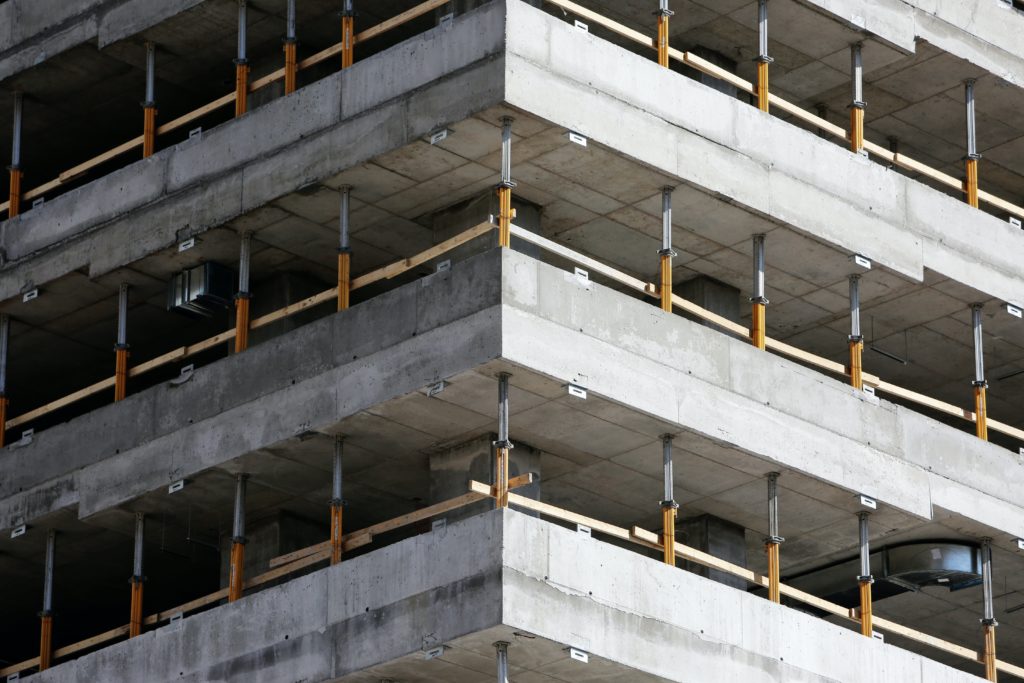Construction Firms and Cancel Culture – the pitfalls for builders of consumers’ cancellation rights

Introduction
If you or your firm is involved in carrying out building work and construction projects for consumers then it is important that you be familiar with consumer cancellation rights. The legislation which governs this area imposes severe consequences upon firms which do not comply. This could lead to forfeiting payment for work, or even criminal prosecution.
The 2013 cancellation regulations
The relevant regulations have now been in place for several years, although many in the construction industry are still unaware of them. Their full title is the “Consumer Contracts (Information, Cancellation and Additional Charges) Regulations 2013”, a lengthy name usually shortened to “the CCR 2013”.
If you are providing building services to consumers (as opposed to other traders), then you will often need to comply with the requirements set out below. There are exceptions – for example the cancellation rights do not apply to new-build properties, or to ‘urgent repairs’. And if you are supplying goods as part of the contract, and those goods will become ‘inseparably mixed’ with other items (such as bricks to build an extension on an existing building) then the cancellation rights will not apply.
In a significant number of cases, however, the CCR 2013 cancellation provisions will need to be complied with. The key features include the following:
- First, the regulations require you to provide specified information to the customer before a contract is agreed. The precise requirements depend upon the type of contract, but will usually include information about the customer’s cancellation rights.
- Second, the regulations give consumers the right to cancel most contracts within a 14-day period from the time the contract is made. A consumer will have this right to cancel if the contract was concluded:
- ‘off-premises’, which means at a place outside of your premises, such as in the customer’s home; or
- using a means of ‘distance communication’ such as the internet.
The consumer can exercise their right to cancel without giving any reason and in any way, so long as the statement setting out the decision to cancel is clear.
You should not supply services under the contract during the 14 day cancellation period, unless the consumer has made an express request for you to do so. The request should be recorded on a ‘durable medium’, such as paper or email (a request during a conversation is not sufficient).
Consequences of not complying
The consequences of not complying with these obligations can be harsh. If you do not tell the customer about their cancellation rights then the cancellation period will be extended. It will continue to run until 14 days after the failure is remedied (i.e. the information on cancellation rights is given). The cancellation period can be extended by up to 12 months.
A consumer will bear no cost for the supply of services “in full or in part” during the cancellation period if you have failed to provide the required information about cancellation rights. The same applies if you began to provide the services during the cancellation period, without being asked to do so by the consumer.
This could obviously have serious financial implications. Imagine your firm is instructed to carry out a building contract for a consumer. You do not give them notice of their cancellation rights before the contract is agreed, and start work. The failure to give the required notice means that their right to cancel extends well beyond the 14 days – in fact, even by the end of the project, assuming it is less than 12 months and 14 days, you will still be within the cancellation period. The consumer then realises that the CCR 2013 have been breached, and gives notice that they are cancelling the contract. You have no right to payment for any of the services provided over the lifetime of the contract. The consumer does need to return any goods you have supplied, but you have to pay for the costs of return.
Furthermore, if the consumer has already paid some money for the services then they could probably claim that money back, in what is called a ‘restitutionary’ claim. Such a claim would be on the basis that the consumer paid the money by mistake (i.e. whilst mistakenly believing they were liable to pay when in fact they were not, because of the effect of the CCR 2013). Such a claim can be barred in some circumstances. There is a defence of “change of position”, if the builder can show that he has changed his position for the worse as a result of the mistaken payment. There are three broad requirements that are necessary to succeed with the defence. The defendant builder will need to show that (a) his circumstances have changed, to his detriment; (b) the change was caused by receipt of the mistaken payment; and (c) he is not disqualified from relying on the defence.
The situation may not be this serious in cases where the contract involves supplying goods as well as services, and those goods become ‘mixed inseparably’ with other items after delivery as referred to above. An example would be the building of an extension, where bricks and other materials which you supply are attached to the existing property. In such cases, the cancellation rights will probably not apply.
However, some contracts will only involve the provision of services: painting and decorating would be an example; or contracts where another trader, or the consumer themselves, provides the materials, and you only provide services. And other contracts will involve the provision of both goods and services, but it will be possible to return the goods because they have not been inseparably mixed with other items. In such cases, cancellation rights still apply – along with the harsh consequences if notice of the rights is not given. Whilst you should be able to get the goods back (whilst bearing the costs of return), you will not be paid anything for the services. The government guidance on the CCR 2013 gives the example of the installation of a washing machine: it has to be plumbed in, but can still be removed, so the customer has a right to cancel. If they were not informed of their cancellation rights, no charge could be made for that service in the event of cancellation.
Finally, if the above was not enough, it should be added that in theory you could also be prosecuted – failure to give notice of cancellation rights in relation to an off-premises contract is a criminal offence, under regulation 19 of the CCR 2013.
Recommendations
For the reasons set out above anyone involved in the construction industry would be wise to:
- familiarise themselves with and comply with the information requirements under the CCR 2013;
- review all procedures around the formation of contracts to ensure that the necessary information about cancellation rights is given to consumers; and
- ensure that services are not provided within any cancellation period unless a request has been made by the consumer.



